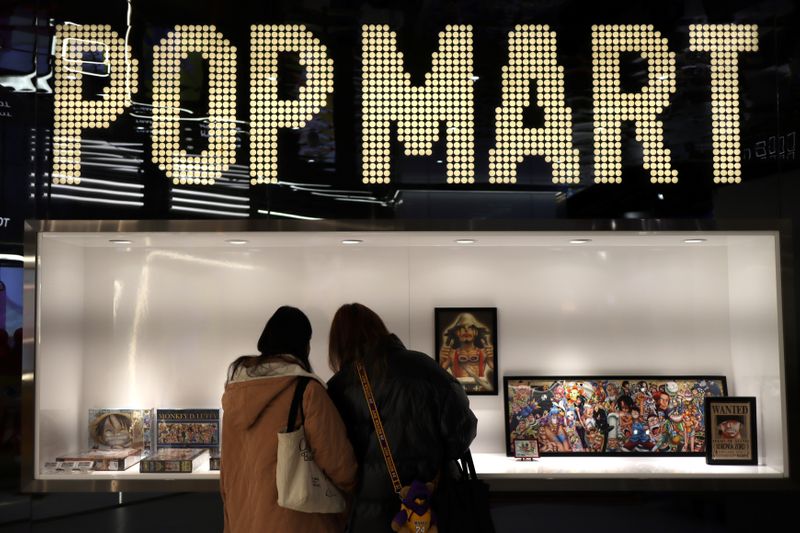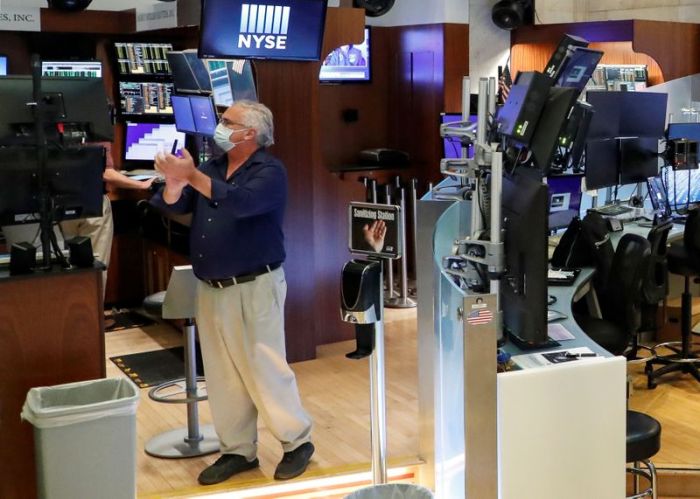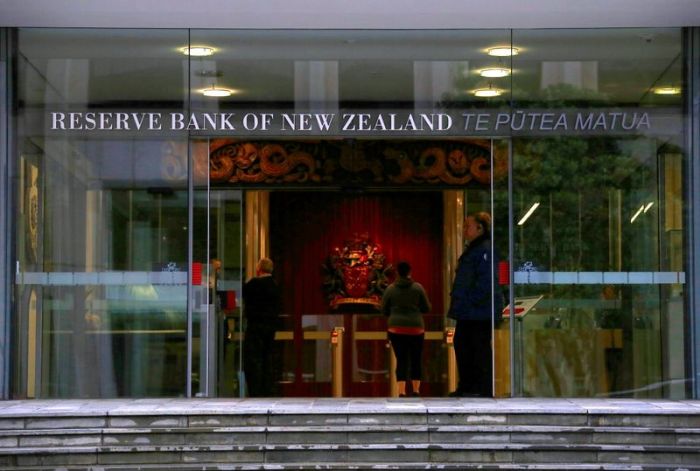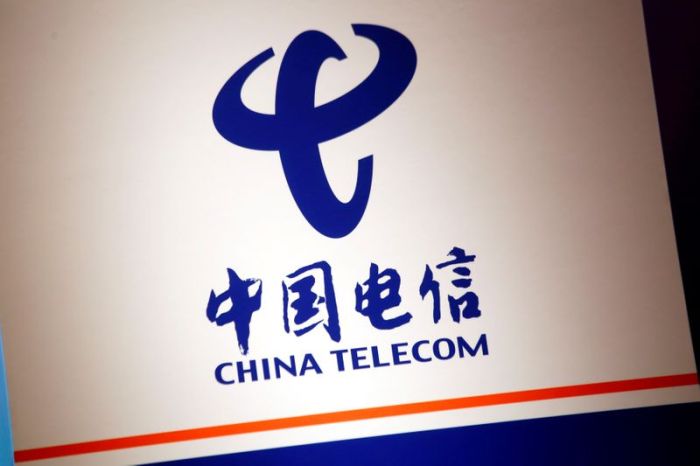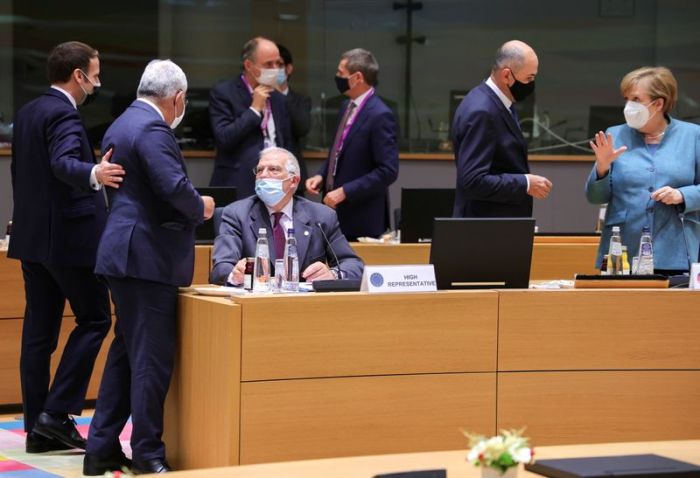HONG KONG (Reuters) – Chinese toy maker Pop Mart International Group made a stellar debut on the Hong Kong stock market on Friday, closing nearly 80% higher than its issue price to end the day with a market capitalisation of $12.5 billion.
The firm, which sells the ‘Molly’ doll and figurines wildly popular among China’s cashed-up millennials, had opened 100% higher in the initial burst of buying, before late profit taking brought it back to close at HK$69, up 79.2% from its issuance price of HK$38.5.
The broader Hang Seng Index rose 0.36% on the day.
Pop Mart’s main product is a “mystery” toy box containing a single figurine from different collections. Buyers do not know which figurine they have bought until they open the box.
The stock was the most actively traded stock by turnover on the Hang Seng on Friday, and maintained a run of strong first-day performances for deals in the city.
Pop Mart raised $676 million in an initial public offering (IPO) which gave the company a valuation of $7 billion ahead of the trading debut.
The IPO had been under consideration for at least a year but the company and its advisors held off until the coronavirus pandemic passed in China, according to sources working on the deal.
Pop Mart has 136 mainland China stores and 1,001 vending machines and plans to use some its IPO proceeds to open another 183 new retail shops and 1,800 more mobile outlets over the next two years, the prospectus said.
The attraction of the toys even lured the normally serious bankers who worked on the deal.
“I bought a lot,” said one dealmaker who could not identified as he was not authorised to speak to media.
The share-price surge puts the stock among the best-performing debutants for the city on record for deals over $500 million, Refinitiv data showed.
Just this year, Smoore International Holdings Ltd stock shot up 150% on debut in July, Nongfu Spring Co Ltd gained as much as 85% in September while JD Health International Inc gained 56% when it debuted on Tuesday.
GEO Securities Chief Executive Francis Lun said the first day ‘pop’ of IPOs in Hong Kong was driven by investors taking on leverage to buy into deals.
“There is so much money chasing these deals, sooner rather than later these punters are going to hit a rough spot and they will realise that they can lose money on some deals,” he told Reuters.
“The problem is people are too optimistic, they take on a lot of leverage, interest rates are low and they think every deal will make money.”
There have been deals in Hong Kong this year that have failed to rise on the first day, especially in the property services sector.
KWG Living Living Group Holdings Ltd lost 23% while Shimao Services Holdings Ltd and First Service Holding Ltd dropped 23% and 27% respectively on their recent debuts.
(Reporting by Scott Murdoch and Donny Kwok; Editing by Jacqueline Wong, Christopher Cushing & Simon Cameron-Moore)

